
A conversation between Ruben Cardenas and Ashley Cook
March 14, 2022
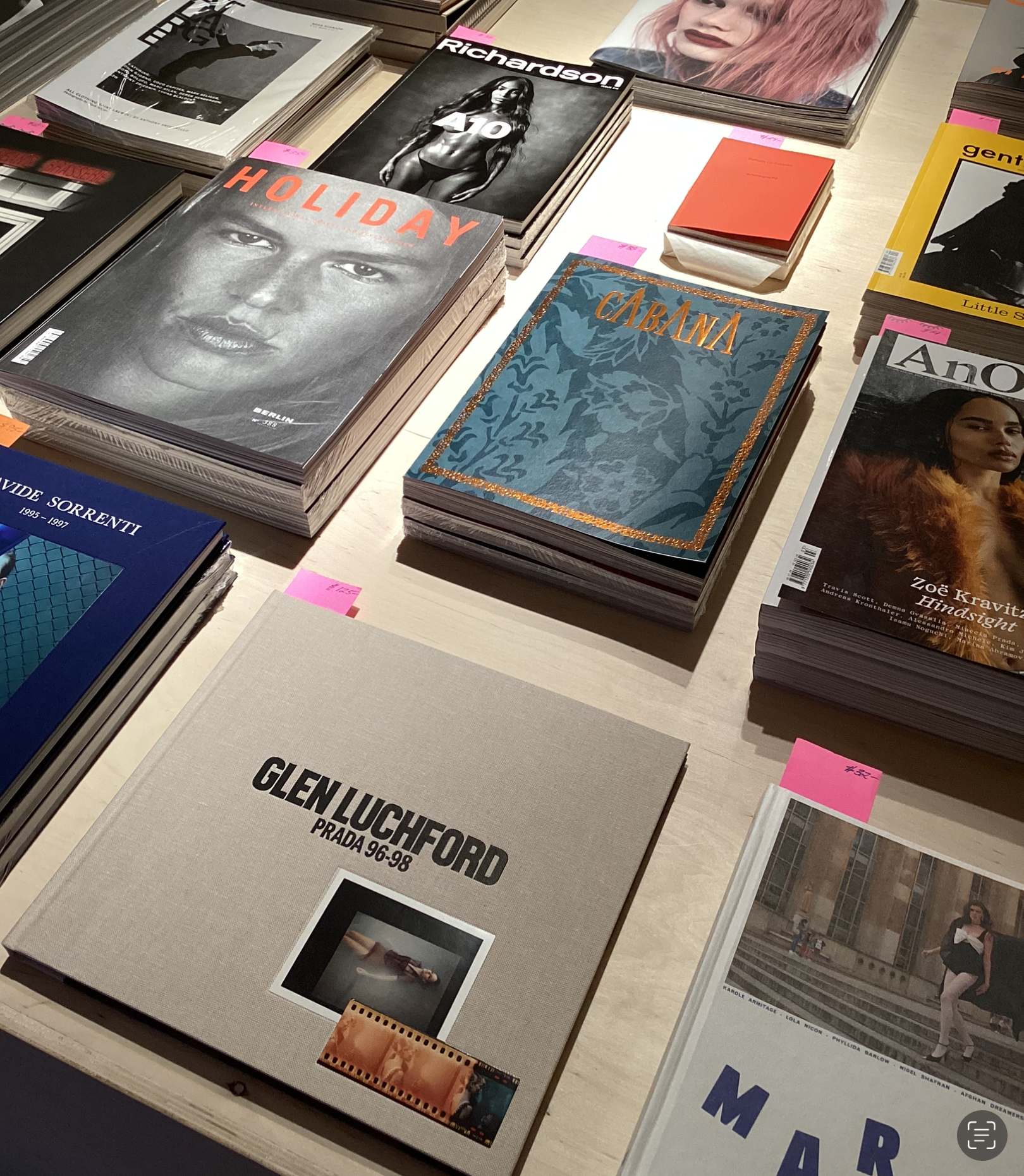
Ashley Cook: How did you end up starting B_KS@?
Ruben Cardenas: It started out from being in New York and living through the 80’s and 90’s in New York. That was a great influencer because it sort of taught me the importance of the 3rd eye; that what you see eventually registers in who you are. And so, that is why I think it is of interest to me. Because I want to share that interest and I like the idea of shared experiences, new ideas, & things of interest and is sort of what drives my passion to do this store.
I am not a technically creative person; I don’t write especially well, I don’t photograph especially well, but I know what I like. I consider myself sort of a curator without knowing it, because I didn’t come from this field. I actually come from finance; I was on Wall Street for 15 years. Anyways, so I don’t really create anything outside of ideas, and if I create these ideas, then it’s on me to sort through them and figure out what is interesting and what is not interesting. I think that’s probably the only thing that I do OK.
AC: It makes sense that you consider it curation...
RC: Yes, I sort of fell into curation without realizing what it was. I mean, everything is curated to some degree now.
AC: You’re like a DJ but for books...
RC: I guess, haha, maybe. And not even that technically talented though, because a DJ has to have a certain amount of technical knowledge of their equipment, you know...
AC: Well, I remember in our last conversation, you were telling me that you found a way to carry books that not many other places are able to carry. In a way, that is sort of a technical knowledge; to know how to communicate with the vendors or print houses or wherever you get the books, right?
RC: Yes, and honestly, that is something that sort of has always driven my life; communication. I have always been pretty good at verbalizing things, Putting together ideas, and making them understandable in a way that someone can find interest in them. I have usually been able to do that, even in finance, which is as dry as can be. I was pretty good at sort of wrapping my head around concepts. I like to wrap my head around a concept and really work it and make it my own and maybe that’s another thing that I do OK. But, that can easily lead you to not really being knowledgeable at something.
AC: Hm...
RC: It’s sort of like, you can conceptually figure it out, you conceptually like the idea of it, but it doesn’t mean you know it.
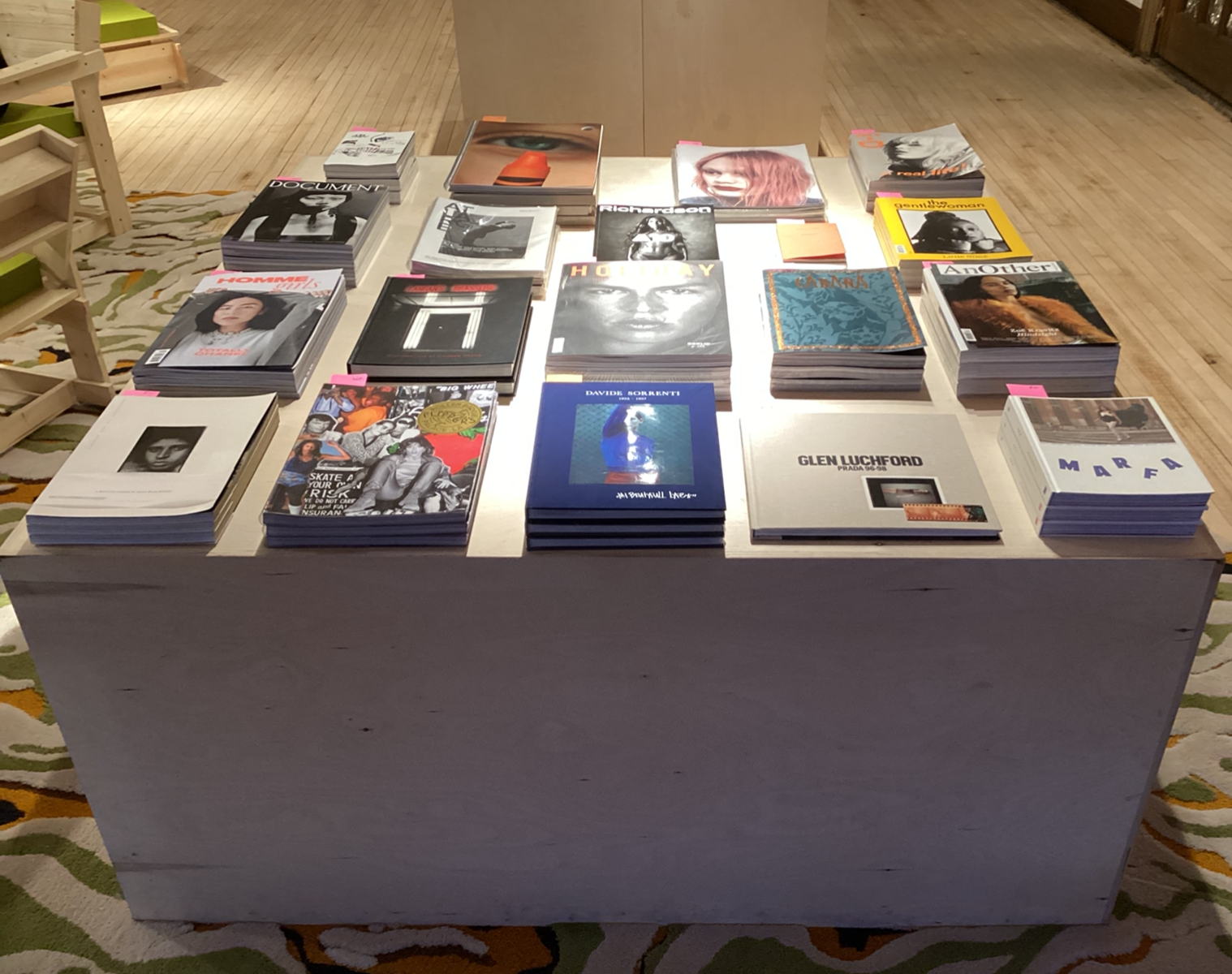
AC: I see, right, like then you have to invest in the market of that idea, learning about it more in depth in order to really know it.
RC: Right, which is how I began. This whole thing really began when I was 12 years old and I collected my first book which was Lord of the Rings. The book I bought was worthless in a technical way; it had no value because it wasn’t a first edition, it wasn’t the second edition, it was like the 20-something edition of Lord of the Rings, you know because the book had been published and loved so much that people were buying it in mass and it was being consistently re-printed.
What happened was, I bought this book and I went back for another book, the second volume in that series, and I saw it in paper-back and I innocently asked the woman who had helped me the first time, I mean, I’m 12 years old, I’m just a kid, and I asked her “why is this one in paper and the other one is in hard cover?” And she explained the difference between paper and hard-cover and I asked her why the hardcover was more expensive. You know they were sort of rudimentary questions that are logical on the one level, because the hardcover, material-wise, is at a different level and so on and so on. She said to me “well if you really want to collect, you should seek out a first edition” and I asked her what a first edition was, and she explained it, and then what happened was, that worthless book that I bought, I actually traded it for another less worthless book in the Lord of the Rings series and it kept going until one day I had a first edition of Lord of the Rings that was in such poor condition that, yes, it had value because it was a first edition, but it didn’t have value like a pristine version was. That experience began the seeking of first editions, the finest examples of them, buying one and knowing that eventually I would trade it for another one, so the whole collecting aspect of it really started out as a 12 year old.
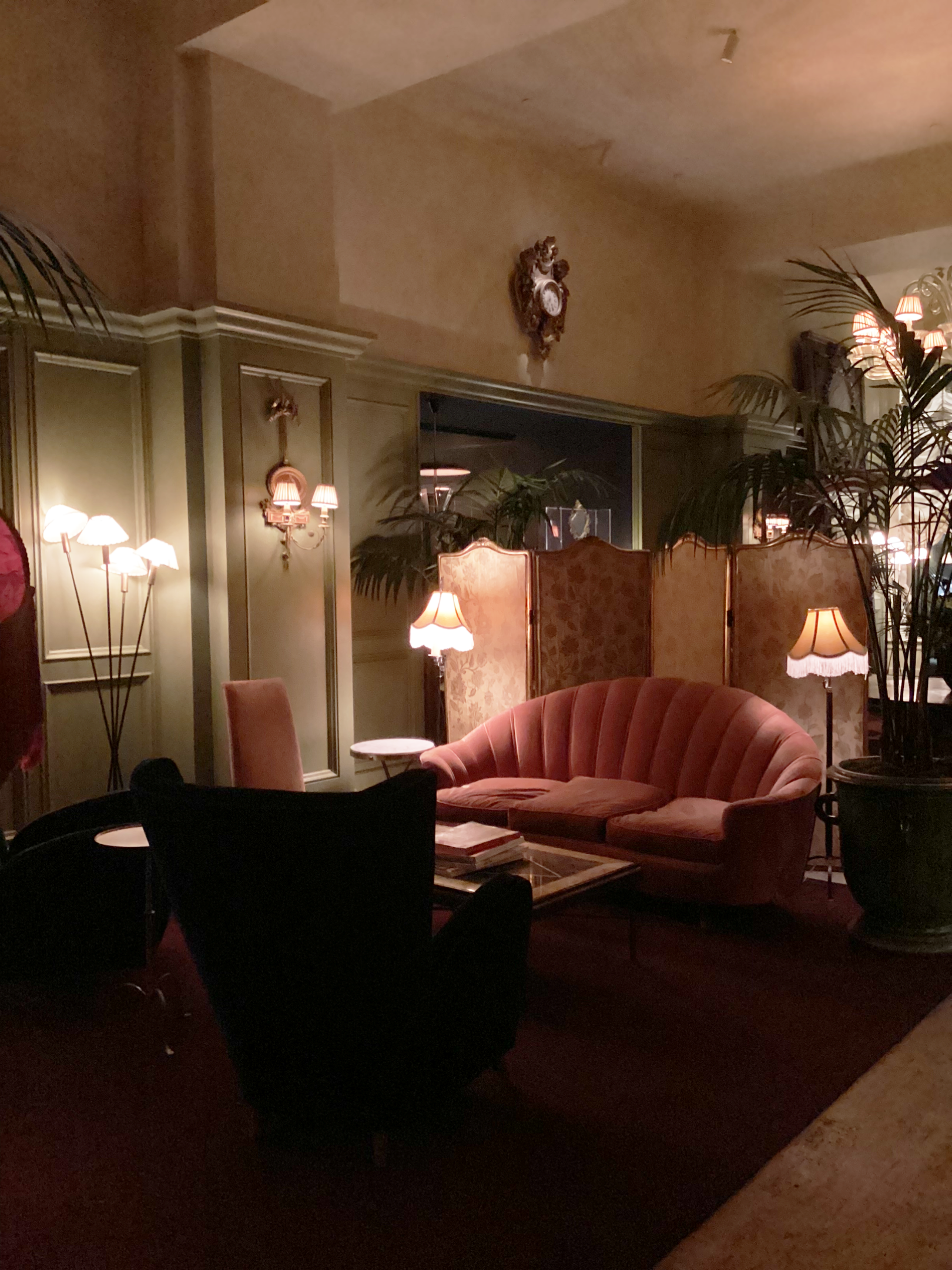
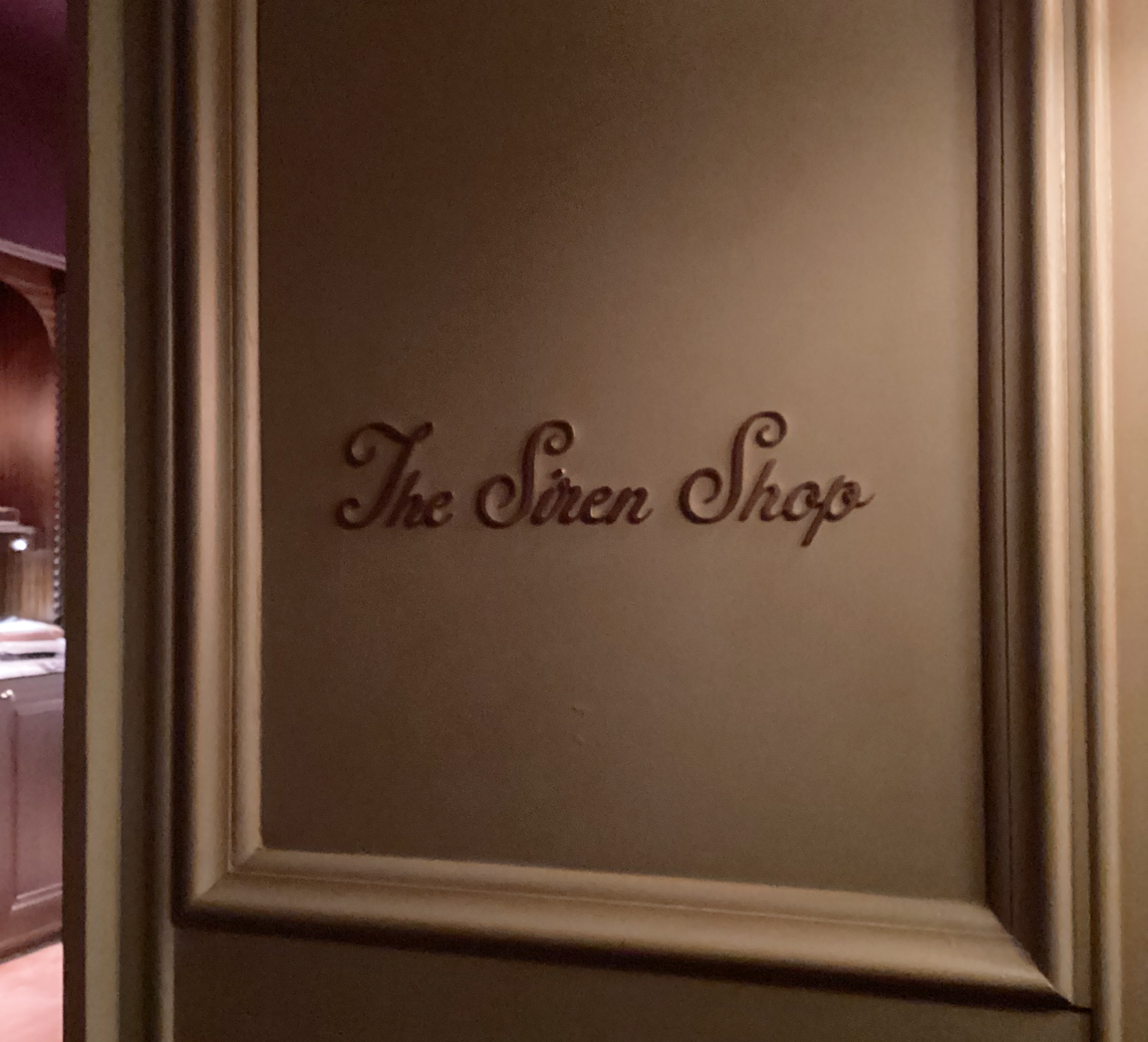
AC: And it was always with books?
RC: Yes, it was always with books.
AC: So even when you went into finance, you were still collecting books.
RC: Yes, but then it grew into other things as well. It grew to me collecting Italian glass, 1950’s Italian glass, but in a very specific way, like, almost on a psychotic level. It was Italian glass by only, Carlo Scarpa, the great Italian industrial designer who also did glass for Venini in Murano, again looking for the finest examples of his work so it would go off into tangents of a really myopic specific way of collecting, which is the same thing I do here, it is a very myopic approach. It’s not broad in a sense at all, I mean, a person coming off the street, they could look at this and have no idea what they’re looking at.
To tie them together, most of these books fall under a subject matter related to fashion; they’re all sort of interconnected by fashion. High culture in a way, high fashion, high art, high food, high architecture, high design, high cinema. Despite having these different books with content that spans these areas, it still becomes very myopic and specific in a way.
AC: How do you know, when you see a book, that it is something that you would want to carry in the store? What is it that you look for?
RC: Well, what I always look for is a common thread. For example, when I was collecting 20th century literature, I started to collect an American writer by the name of Henry Miller. He was considered to be scandalous, his books were banned, he lived like a street person for lack of a better word, but he knew Brassai, who was one of the most fabulous 20th century photographers. He was Hungarian, but he photographed in Paris, he did some very iconic books. One is called The Secret Paris of the 1930’s where he photographed the underworld of Paris. So the thread is always what I look for.
AC: So you would start with a Henry Miller book and...
RC: Yes, and then I would hear the name Brassai over and over because Henry Miller would call him “the eye of Paris” and all of a sudden I found a book by Brassai.
AC: It’s almost like an underground network that you’re constructing.
RC: Sort of, so that led me to my other passion, which was collecting books on photography. And then collecting photography itself, so everything has been sort of interconnected, not only on the level of market value; I trust my eye. If I like it, I’m arrogant enough to think it will have value.
I know that if I am looking at a book that has an edition of 100, or 200 or 1000, that automatically tells me it will have value. Because how could it not if there are only such a limited amount of them. The value of it lies in scarcity. Also, I don’t only put value on something because I know it’s going to be a collectible object though; for me, it also has to move me emotionally. If I’m not moved emotionally by someone or something, I just don’t really care about it.
AC: Do you feel that you become emotionally moved by something because of it’s link to something else that you have been emotionally moved by?
RC: Yes, partially, that is sort of in the back of mind, but it’s also a visceral thing that involves the senses too, for me to become emotionally drawn to something. Beauty is literally in the eye of the beholder, I mean, there are certain things and certain ways that people lead their lives that have beauty even though you may look at it and go “that is the ugliest thing I have ever seen.” Anyways, if something doesn’t move me on an emotional level, I have no interest in it whatsoever.
AC: I feel like it can become really interesting when curators become emotionally attached to the work they show as opposed to being primarily driven by the most current market trends.
RC: Yeah, I mean, it could become a double edged sword too. You could just fall so much in love with something that you sort of loses your ability to look at it in a critical way. But, I don’t mind losing that aspect of it because its such a personal thing for me, that I am not clinical in that sense. I can be clinical in not liking something though. I can be the most clinical prick you can imagine. I am not going to insult someone, because I respect people as human beings, but I am not going to pretend that it is something that interests me if it does not. I think that is just a more honest way to be. I know that people come to the table or to the store and they see the books I have and it holds no value to them at all, and that is okay with me. I can appreciate that; it actually spurs me on to engage somebody because I feel like there is something really interesting and beautiful about sharing information with another person who seems to initially have no interest in what you have to say.
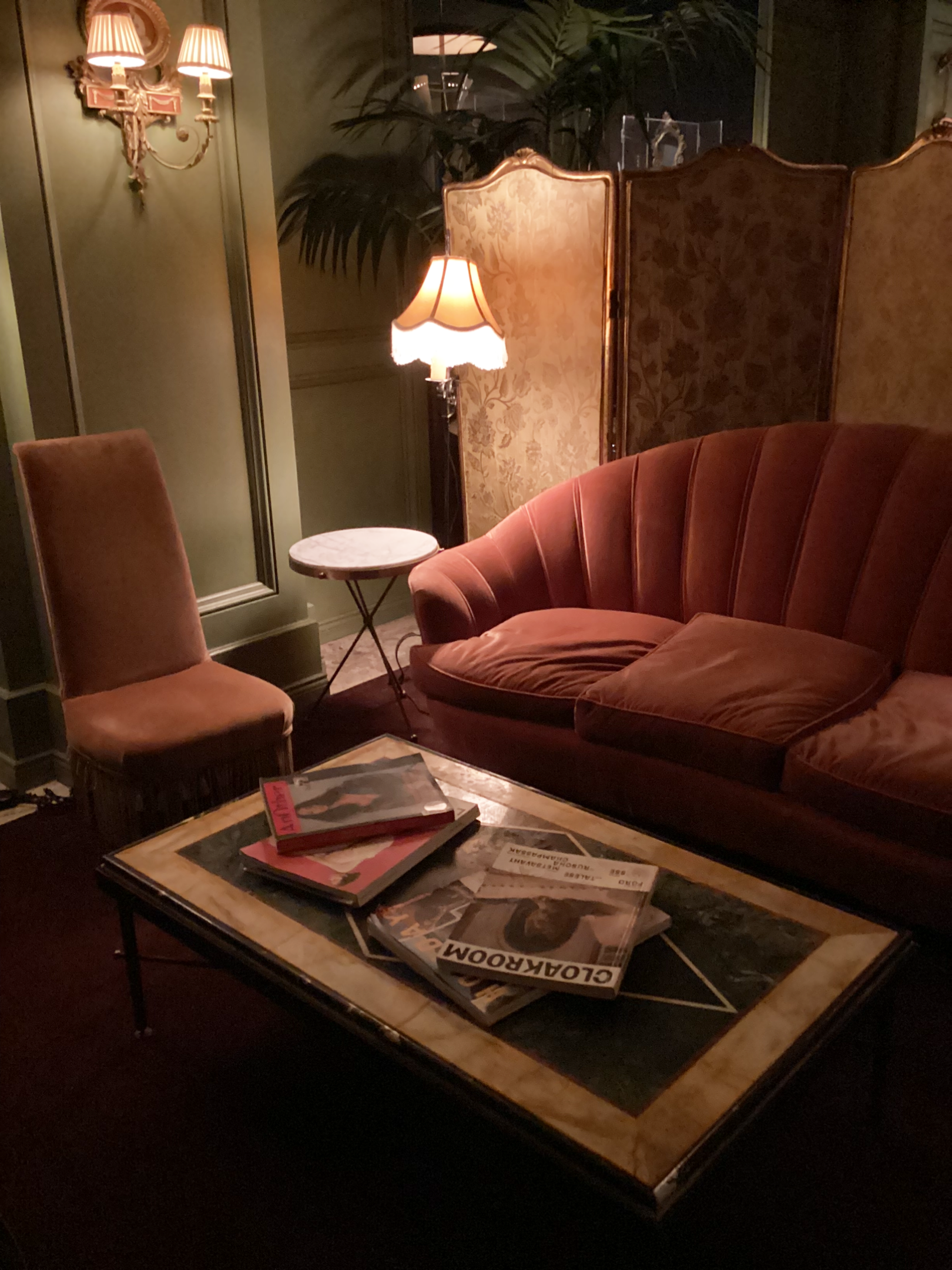
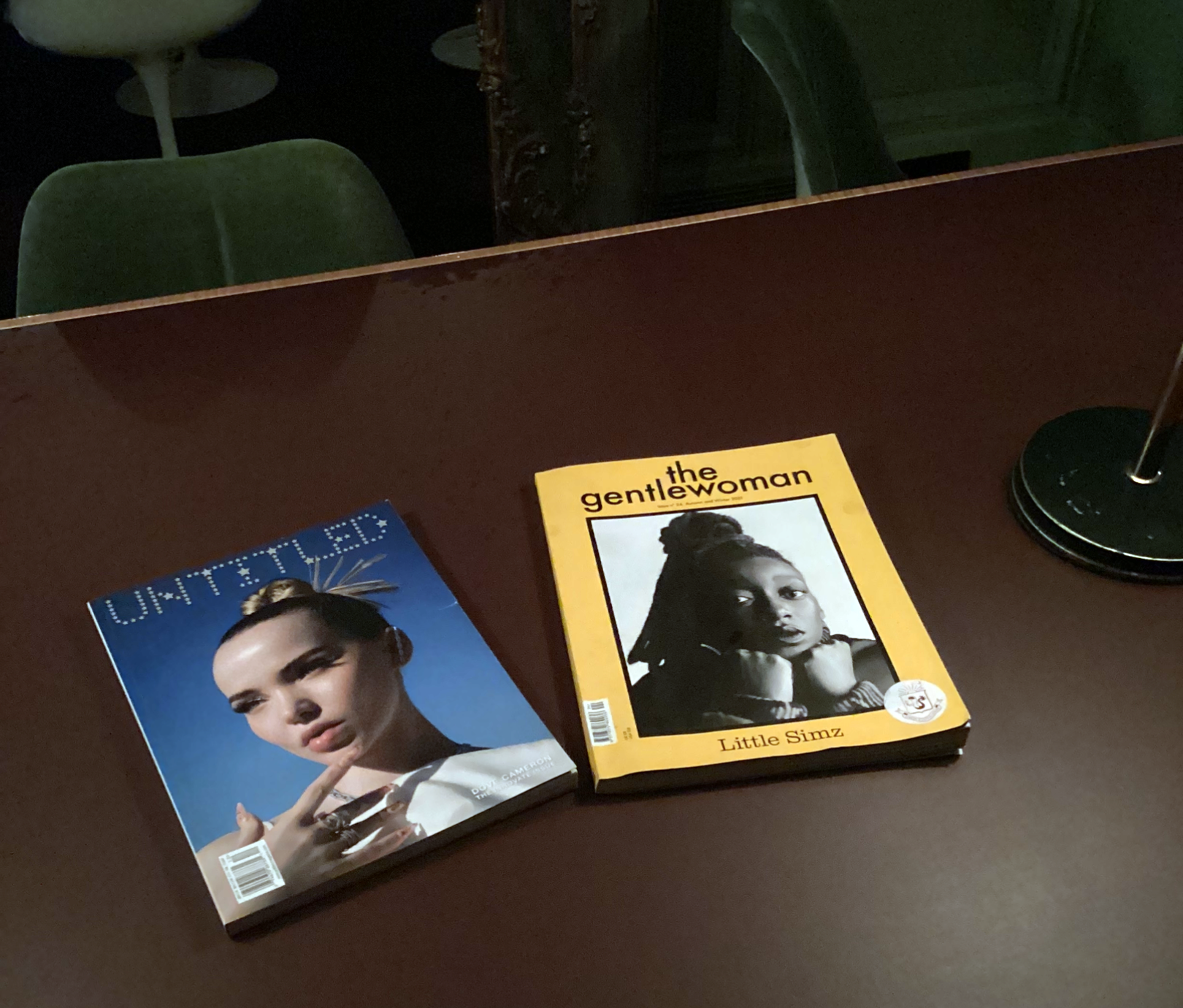
AC: Yes, but also it is nice to show someone the interconnected aspects of the collection you carry and teaching them about the different books on display and their content.
RC: Yes, of course.
AC: You are good at sharing details about the collection you have; on my first visit to the store, you taught me a lot about the different books.
RC: Yes, I like to challenge people. I like to help people notice things they have never noticed before. It’s almost like the reason why I think Andy Warhol is probably the most important artist of the 20th century, this idea of the banal. Think about how he made the most awful images banal...
AC: Like the electric chair and stuff...
RC: Yes, and he knew that the only way to make something banal is to show it over and over and over again in every pop color you can imagine.
AC: And then he took the banal and he put it on a pedestal.
RC: Yes, he was able to do that because the content he was painting eventually lost it’s true meaning through all these iterations. That is sort of where my head is at when I am trying to engage somebody. I mean, they may not get it the first time, but I’m pretty sure I will run into them again, especially here in Detroit because the city is so small. Anyways, I always liked the idea of speaking with someone about why or how something could be important to them and again, paper may not be important to them, maybe the printing process wouldn’t be important to someone, but maybe a beautiful picture of a woman or a man would be. Or a sad image, or a happy image...
AC: Despite being an outsider with limited knowledge of these books and the thread between them, I do get a sense that all of the books you carry were produced with a high level of care. That also comes across in the way they are displayed here.
RC: Well, that, again, is one of the only things I do OKAY at is that I curate; I edit. Literally before I make a presentation anywhere, I actually figure out the amount of space I have, I tape it off and I lay the books down. These books are next to each other for a reason. It’s almost like hanging a show. I am constantly changing the arrangement as well.
Some of these books don’t come in editions of 1000, some come in editions of 5000. I always order a specific amount with a specific audience in mind, and then when I run through it and I sell it out, there has been maybe 3 or 4 books that I have actually re-ordered and it was because it had a super sort of connection to me, like maybe I knew the maker, maybe I used to work for them, but otherwise, it’s a constant level of research and bringing in. My eye gets bored very easily, I am always moving on to the next thing.
AC: How do you find the books? Are they in person or online? Is it important to hold a physical copy?
RC: It used to be a lot easier before Covid because it has been harder to travel and more difficult to go to fairs or shows, but there is sort of a roster of publishers that I trust and I know that every time they produce something, it is going to be pretty amazing. Some are more special than others of course, but that roster keeps blowing up, that myopic keeps opening up. Not much though...
AC: You take books from international places of course...
RC: Oh yes, they’re from France, UK, Germany. In 2022, I am committed to adding lots of Japanese publishers, because I have a great interest in Japanese photography, but I did not add them earlier because of cost and I did not feel like I was able to support it in the beginning. I mean, this began basically as a little trolley with 8 titles on it...
AC: Oh! You where were selling the books on a trolley?
RC: Yes, there was a store in Detroit called Orleans & Winder; I had a little push cart and I knew the owner and I told her about this idea I had and I showed her a couple of examples of what I wanted to do and she had a huge space, so she said yes! So, I literally got a beat up moving cart that was low to the ground and it had one of those handles that you would use to push it around. It was the kind of cart you would use to load boxes on. Anyways, I had a little chalkboard sign that said B_KS@.
I try to do everything with a particular purpose in mind, right down to the name of the company. B_KS@ is called that because the store moves around to different locations. But, it’s deeper than just the traveling though, its about the idea of collaborating with like-minded people, you know, B_KS@ Bottega Firehouse, B_KS@ MOCAD, B_KS@ House of Vans, B_KS@ Linda Dresner, B_KS@The Siren Hotel Shop...I firmly believe you are what you eat, you are what you consume, content wise as well. The books as well as the collaborations have to have cultural relevance or I want nothing to do with it.
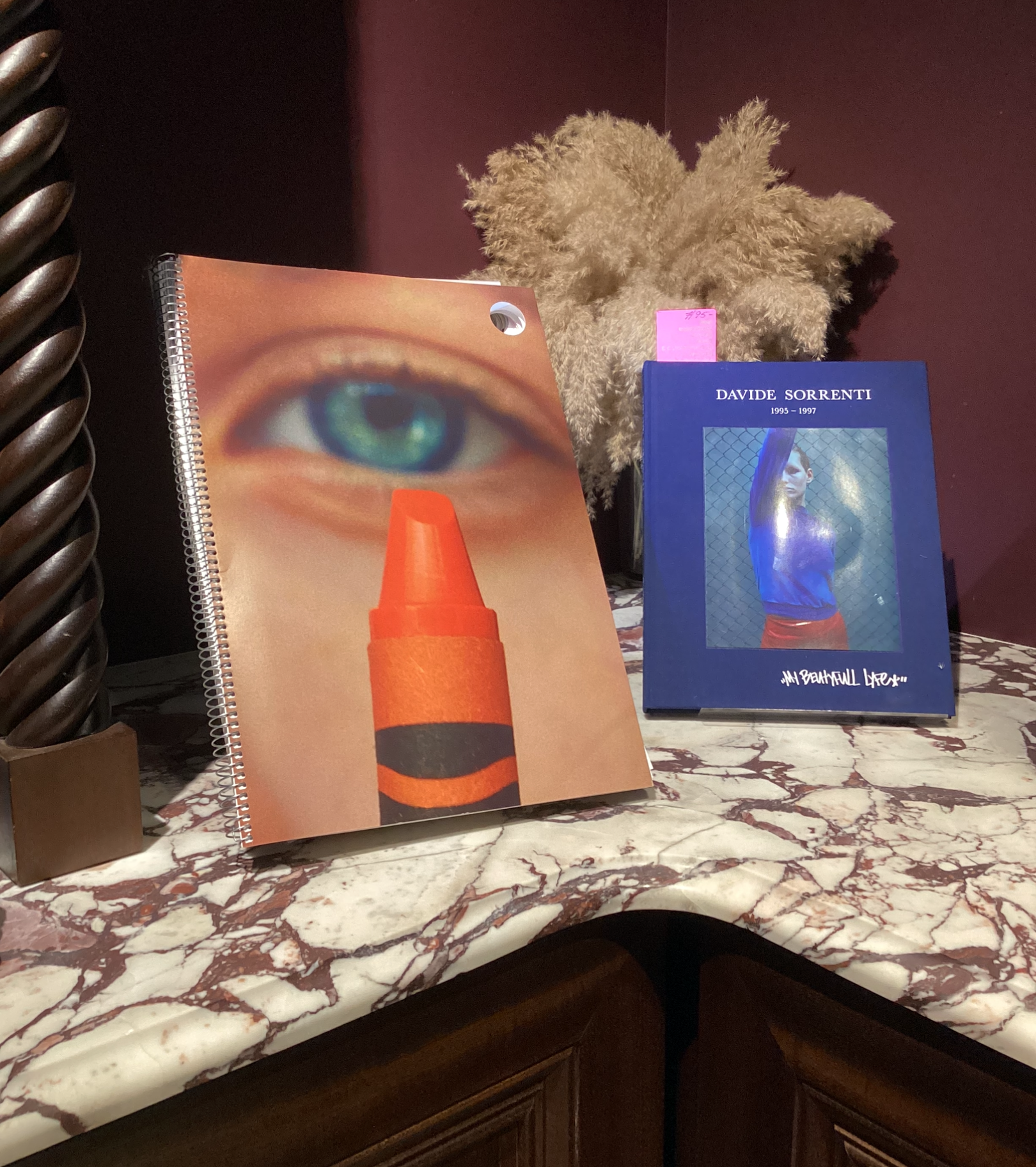
AC: And you wanted to bring these books and titles to Detroit because you know that most people here may be unfamiliar with them or at least have a hard time accessing them...
RC: At first it was primarily about helping Detroiters access these titles, but now is starting to become more about people actually wanting them or trying to understand why they need to have it. For me, the touchdown has always been culture. How can I bring a little bit of nirvana to Detroit? In the sense of printed material, publishers...The other aspect for 2022 that I’m going to work on is bringing in people for book signings, which is a huge deal, I mean, you know, bringing in people that only go to New York and Los Angeles for a book signing would be great. Those are the newest things I am trying to do. It is not necessarily easy because there needs to be a particular amount of financial commitment to it, but that idea is high on the mark for 2022. There are other things that I also want to do in 2022; I want to tackle Art Basel in Miami, I have an idea for that, so, I have lots of ideas its just about now manifesting those ideas into reality.
AC: So, do you tell people that this is a Detroit-based project?
RC: Yes, it will always be that. That detail is important to me. And in fact, when I reach out to a publisher who doesn’t know me and I don’t know them, I always begin by saying that B_KS@ is a Detroit-based bookstore. It will always be that regardless of if I have one shop, or if I have 20 shops. Detroit is my laboratory. It allows me to do things that I couldn’t do other places. For instance, I couldn’t have begun this company in New York because I couldn’t afford it. It would have been too expensive, I would have been a small entity in a huge pond swimming up-stream against a lot of people like Dover Street Market, Dashwood Books, and in a small way, Mass Books, places like that.
Detroit allows me to work without compromising and of course I think that is what makes being here interesting. I was also born and raised here, I moved to New York as an 18 year old and lived there for 35 years. I came back 3-4 years ago. Detroit is an amazing place to take a chance and that is all I do, that is all I have ever done. For me, New York just doesn’t hold the same water for me as it used to, it’s a totally different head-space that just doesn’t interest me anymore. I just want things to be a bit more authentic, I want them to be totally focused on what I want, how I want it, and where I want it and so that’s why I came back.
Learn more at https://www.bkst.co/